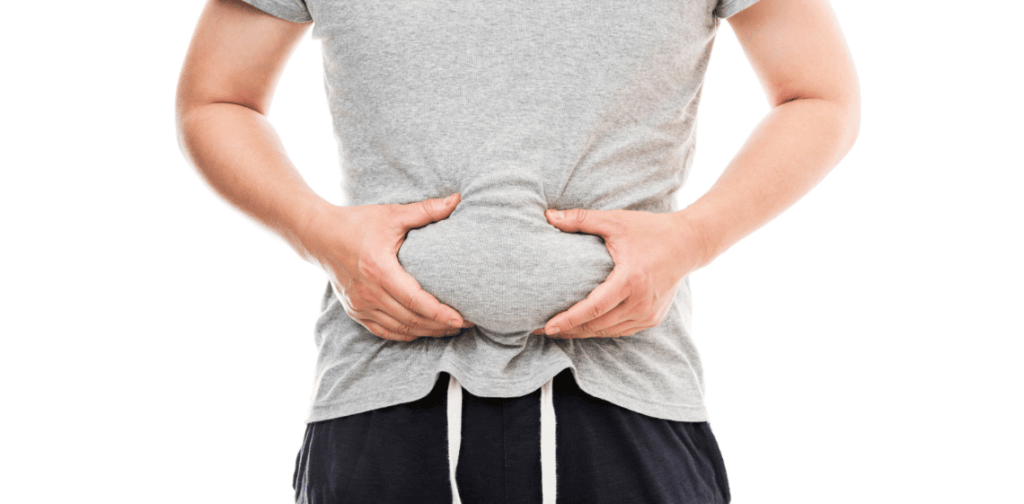Testosterone is a vital hormone for men's health, and levels are affected by various factors. Crucially, a healthy diet can influence hormone production and help keep levels in check. There are certain foods that lower testosterone levels and decrease the production of the male hormone testosterone in the body. These include soy products, such as tofu and edamame, flaxseed, spearmint, peppermint, and alcohol.
Since testosterone also plays a role in mood, emotional health and sexual interest, having low testosterone can seriously affect men's health, well-being and sexual relationships. Studies show these foods can lower testosterone levels in both men and women. Excessive consumption can lead to symptoms including:
- Decreased sex drive
- Fatigue
- Decreased muscle mass
While consuming these foods in moderation is not harmful. Individuals who want to maintain healthy levels may wish to limit their intake of certain foods.
Testosterone is an important hormone for men's development and is necessary for various functions. It's the hormone responsible for producing changes in men starting at puberty, such as muscle growth, facial and body hair, deepening of the voice, bone density, sexual function and fertility. ¹
What's not as well known is that testosterone can be affected by lifestyle choices and diet. While there are foods that can increase testosterone, according to research, ² there are also various foods that lower testosterone levels. Curious to know what they are? Read on!
Foods that Decrease Testosterone
Sugar
It's no secret sugar is bad for us and does a lot of damage to our health. According to The American Heart Association, 3 it causes weight gain, cardiovascular disease, liver disease, obesity and various additional serious health problems. So, it shouldn't be a stretch that it can also negatively affect testosterone levels.
Unfortunately, the connection between sugar and hormones isn't what most men think about when it comes to plummeting testosterone levels. Still, according to a study 4 of men between 19 and 74, testosterone levels dropped an average of 25% after consuming sugar and stayed low for up to 2 hours.
And it's not just candy and soda that affects testosterone either. Sugar is found in all types of processed foods. When reducing or eliminating it in your diet, it's important to check labels for hidden sources of sugar.
Soy
We'd expect edamame, tofu and soy protein to be on the list of health-boosting foods, and for some people, they are. But for men with low testosterone, the phytoestrogen isoflavones, a compound found in plants, may spark estrogen receptors and decrease androgen receptors that testosterone binds to. When testosterone can't bind, it can't perform as it should.
While various studies show the relationship between soy and a decrease in testosterone levels, they have produced mixed results, making it difficult to have a definitive answer.
Despite the lack of concrete results, one study 5 did show that soy consumption lowered testosterone levels slightly. Therefore, you may want to consider reducing consumption if your testosterone levels are lower than they should be.
Dairy
Ask anyone about the benefits of dairy, and they will most likely tell you it's good for building strong bones and muscle. Still, they probably don't know that it can also lower testosterone levels in men.
According to a study, 6 the primary source of commercially distributed milk is loaded with estrogens and progesterone, which suppress gonadotropin-releasing hormone (GnRH), which is the hormone needed for releasing Luteinizing hormone (LH) and follicle-stimulating hormone (FSH), required for synthesizing testosterone.
Alcohol
Alcohol is one of the more common foods (drinks) that lower testosterone. According to a study 7, alcohol affects the function of the pituitary gland, hypothalamus and testes. Alcohol also interferes with the production of gonadotropin-releasing hormone (GnRH), Luteinizing hormone (LH) and follicle-stimulating hormone (FSH), all necessary for testosterone production.
And it's not just heavy drinkers who pay the price. One study 8 found that alcohol can diminish testosterone levels even in healthy men. It highlighted how drinking alcohol isn't a good choice when concerned with low testosterone and its effects on overall health.
Trans Fats and Oil
Chemically processed oils are used in many processed foods to make them last longer on the shelf and improve texture. While they are often called polyunsaturated fats and listed as healthy, they can cause inflammation 9 in the body, impacting testosterone levels.
Another study 10 shows how trans fats can lower testosterone levels in young men. Eliminating them from your diet may be a good idea. They are also associated with several additional health risks, including cardiovascular health, diabetes and inflammation.
Flaxseed
Flaxseed is high in omega-3 fatty acids and offers a variety of health benefits, 11 including improvement in gastrointestinal health, diabetes and blood pressure. It's also rich in dietary lignans, a plant-based compound that studies 12 13 show reduces testosterone levels.
Mint
Although it's known as an herbal remedy to help with digestion and stress-related issues, mint is not only beneficial for health but is also tasty. Just look at all the gums, candies, kinds of toothpaste and over-the-counter medicines with either spearmint or peppermint flavoring.
Sadly, one study 14 found that spearmint may increase oxidative stress, which has been linked to a reduction in follicle-stimulating hormone and luteinizing hormone that affects the production of testosterone.
Can You Boost Testosterone Naturally?
To help increase testosterone levels naturally, some lifestyle changes may help. They include:
- Getting enough sleep
- Reducing stress
- Eating a whole-food diet
- Getting plenty of exercise
- Watching your weight
- Reducing alcohol use
Conclusion
Despite the fact that each of these lifestyle changes can help, the reality is that to make a significant improvement, testosterone replacement therapy may be a good option. Especially if you're over 40 and feel your energy levels, muscle mass and sex drive have diminished, and you'd like to start feeling more like yourself again.

Take our free assessment and see if TRT can help you.





